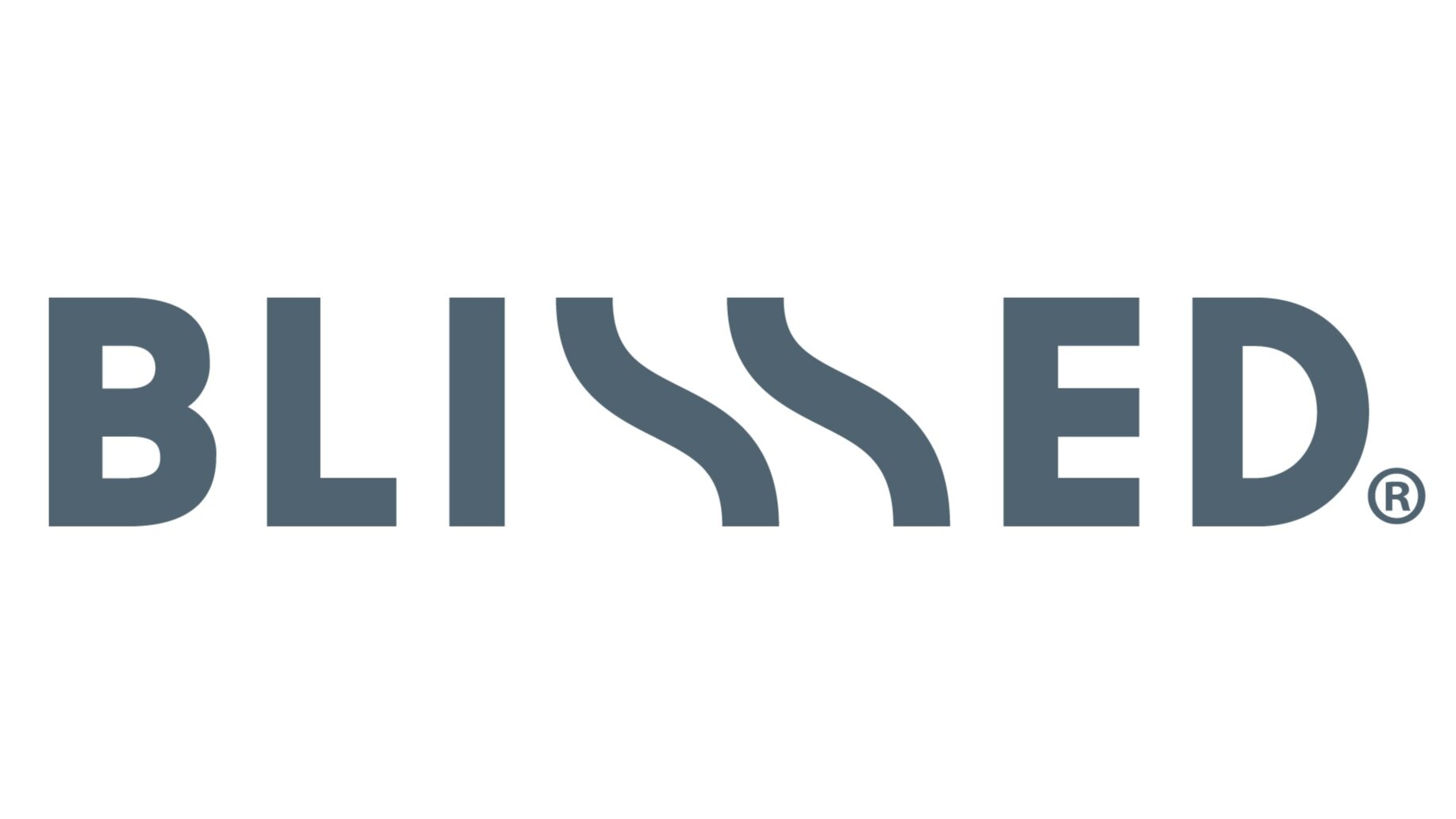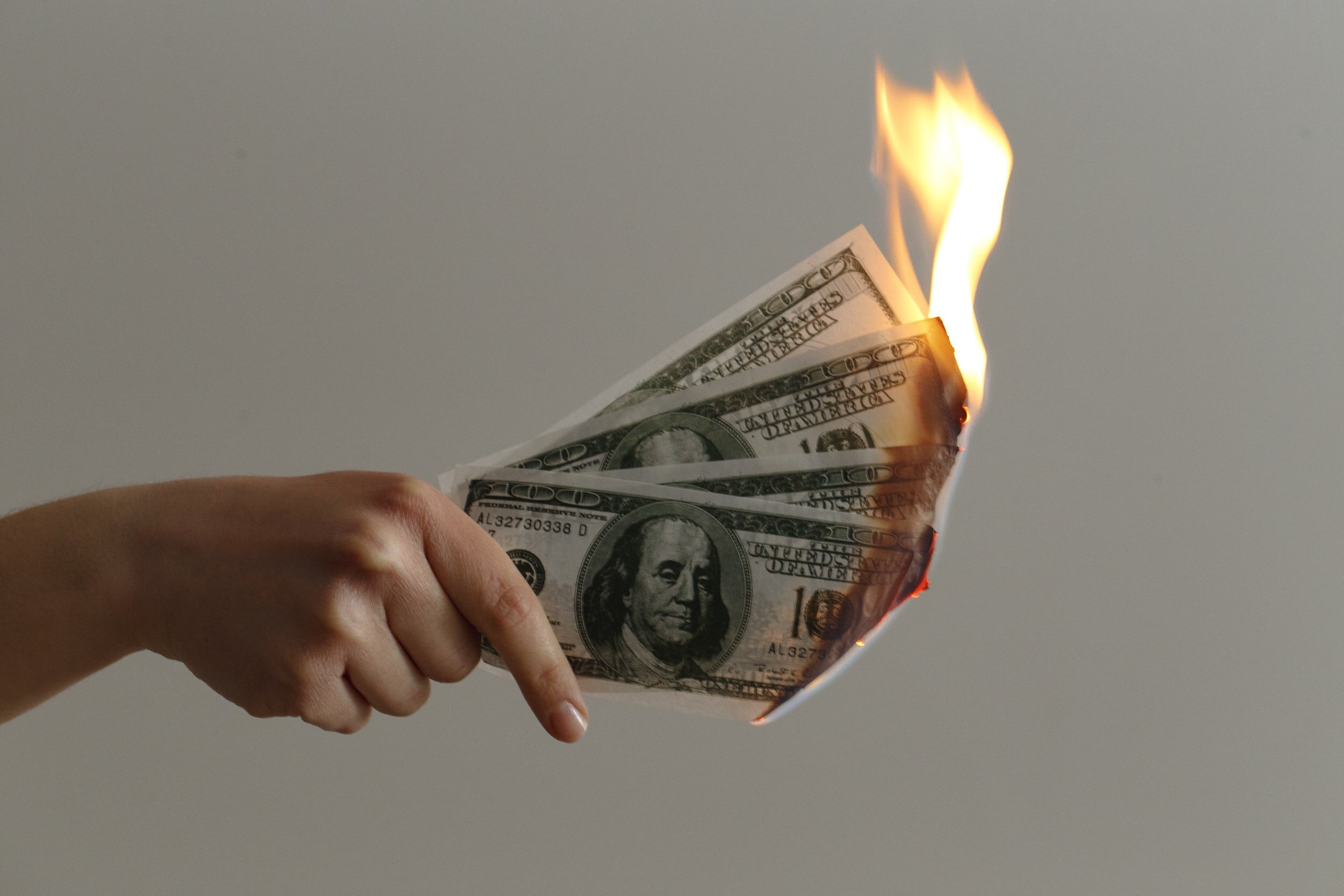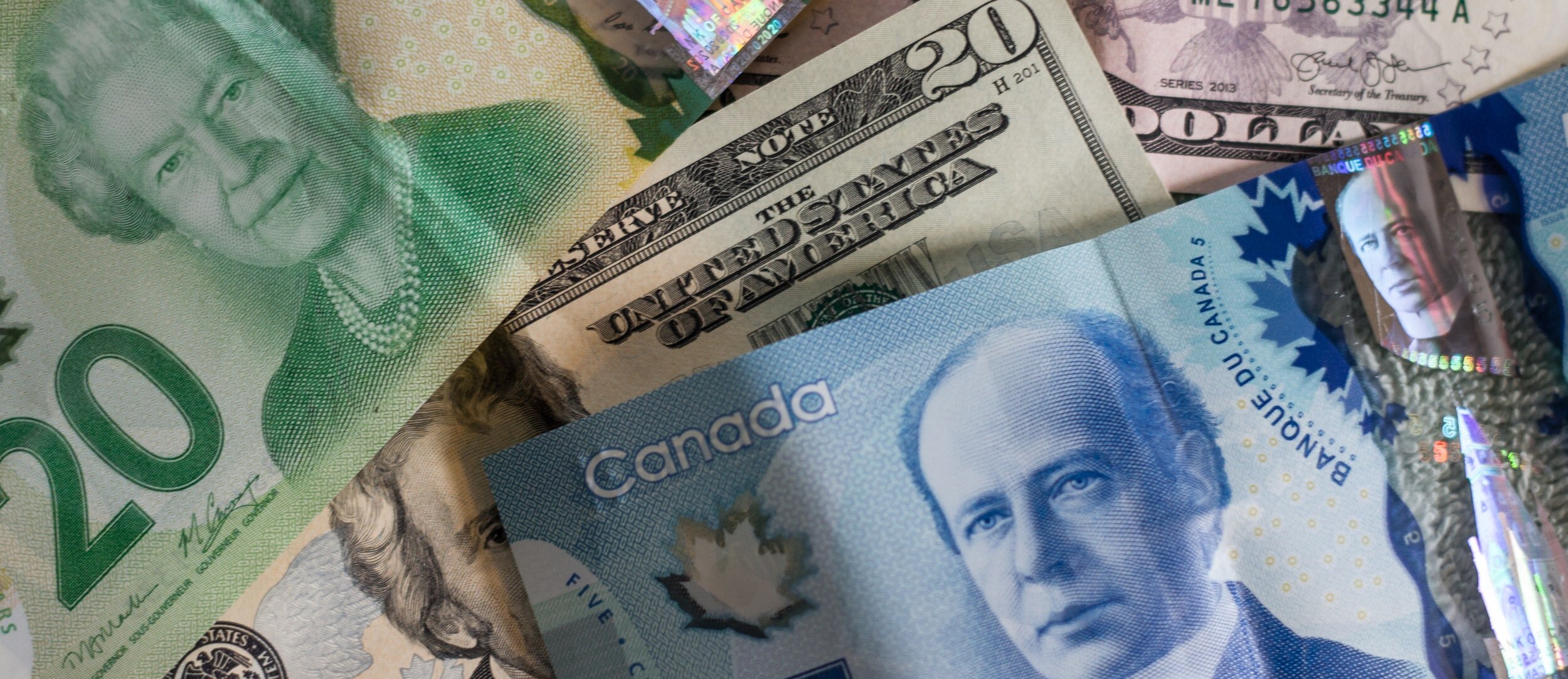Budgeting - Make It Count
This article was written by a member of our Blissed community.
As someone who majored in accounting and finance in college, I came to associate budgeting with large excel workbooks and multiple spreadsheets with endless columns. However, I’ve come to learn that personal budgeting can be less cumbersome as it varies by individual financial circumstance. Budgeting is an exercise for everyone. A budget for a high-income person could look very different from a person who makes no income at all; however the objective is the same. Budgeting is for anyone who has a financial goal - regardless of whether that is to save for retirement or come up with a down payment for their new home.
In order to get into the mindset and habit of personal budgeting, we first have to change the way we think about our finances. For many, budgeting is not an enabling activity; many people associate it with spending less or cutting their spending because it can be harder to grow your income quickly in the short-term. While budgeting can be stressful, it’s a tool that helps us make financially conscious decisions.
Food for thought: Why are you overspending?
One of the tricks I’ve learned is to take the time to analyze the why of spending and expenses. The reasons for overspending can be obvious, but some of the solutions that we come up with may not actually address the core reasons for overspending because we tend to look for easy, quick solutions.
For instance, we can reach the same conclusion - I’m over budget this month because I ate out too much or I spent too much money shopping. My solution next month is to eat out less or shop less. These things are easier said than done, but with any action, the steps to cut your spending have to be specific and realistic. For instance, if you’re are eating out too much, instead of eating out less, you should dig deeper: Why am I eating out a lot? Am I too lazy to cook or are a lot of my takeout meals decided on a whim? Am I eating out too often or am I just frequenting a lot of expensive restaurants? After evaluating and thinking about these questions, you might realize that the reason you’re out on your budget is because you actually don’t eat out that often but that you’re eating too many expensive meals. In that case, the solution isn’t really to eat less takeout, but you need to be more financially conscious of the restaurants that you’re ordering from.
It’s important to dig into the why of your finances so you can understand if there are any underlying habits that need changing. Review your expenses often and look at your spending month over month to uncover any patterns; understanding the way you spend will help you set tangible and achievable financial goals.
Start tracking your expenses
Budgeting starts somewhere and it’s always difficult to make that first step. When I realized that my expenses were outweighing my income, I wanted to budget so I could make sure that I wasn’t operating at a deficit every month. I knew right off the bat that I would not be able to keep up with it for longer than a month if I didn’t find the process to be a personal and inspiring experience. One of the best things I did was buy a kakebo from Indigo – kakebo is the Japanese word for “book of accounts for household economy”. While it sounds cumbersome and dry, I knew if I was going to take budgeting seriously, I would need something better than a Hilroy notebook. There were three main features that really drew me into purchasing the kakebo:
Already built in templates: The kakebo already had a built in template organized like a daily planner and sections to categorize your expenses. All I had to do was fill the expense in the proper category which made it easier to total at the end of the month. I could easily tally how much I had spent in food, entertainment, necessities, and non-essentials. This made tracking expenses easy and also easy to keep track of how much I had left each week.
Stunning visuals - The kakebo was visually appealing and colourful. It included instructions on how to use it and even included a summary page at the end looking at how much you had saved and a section to write down your thoughts and feelings on what worked and what didn’t. Looking at the beautiful pages gave me the incentive to want to fill out all the pages.
Old school pen and paper: I’ve always been a fan of the old pen and paper method. I still journal to this day with a pen and paper instead of blogging/typing on a laptop. Writing down my expenses and even using a calculator to tally them up by hand made me feel grounded and personally engaged. Writing a personal reflection on my results at the end of each month also made it feel like I was journaling with numbers.
You don’t have to buy a kakebo but if you think spreadsheets are intimidating, you can start as simple as downloading a budget app like Mint or EveryDollar. They are easy to use, and the app even does the calculations for you. The only difficult part is making sure you are using it and putting in the data in a timely manner.
Set realistic goals
When it comes to financial goal setting, we tend to get ambitious and set unrealistic goals; for instance someone saving 50% of their monthly pay cheque while knowing they have a shopping addiction. What’s important to keep in mind is to start small and work your way up. Often when we review our budgeted and actuals, a lot of us realize that our habits have to change, which can be difficult to implement and get used to in a short time.? Start small by putting 10% of your salary away for the first month. If you meet it, reward yourself, if not, don’t beat yourself over it. In the long- term, take a look at how you want to structure your finances – ask yourself how much do you want to save, spend, and invest every month and whether that ladders up to your financial goals 3-5 years down the line.
Budgeting means different things for many people, but for me, budgeting is really an exercise about growth and preservation. My spending philosophy used to be simple - If you don’t spend you’ll save. What this really meant was not indulging in unnecessary purchases and living a minimalist lifestyle (think extreme minimalist). But my philosophy has changed over the years as my life has become more complex than that. My new motto for budgeting is to pursue your dreams within your means. Life changes and the decisions that we make constantly change as well. Whether that is to achieve financial independence, or to see if you have enough to cover your expenses for the next year while you’re unemployed, budgeting encompasses all these things and lets us have our cake and eat it too. Just not all the time.





